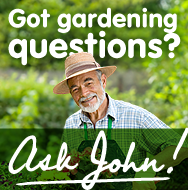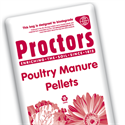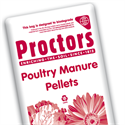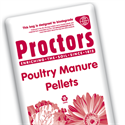Next month will mark National Honey Bee Day on the 16th August. Started in the USA a few years ago by beekeepers who wanted to spread awareness of their industry, this celebration of all things stripy and sweet has attracted interest from farmers and gardeners from all countries. We’ve taken a look at why, and how, you should be encouraging bees into your gardens.

Pollinators
Bees are the main pollinator of our native flowers, fruits and vegetables. Without them going from plant-to-plant getting their fill of delicious nectar, they wouldn’t pollinate our flowers, leading to reduced yields both agriculturally and in our gardens.
Ecosystems
If you consider the huge role bees play in our cultivated plants, imagine how important they are to maintaining our natural ecosystems. All the animals and insects that rely on our landscape’s plants are really relying on the bees that ensure their reproduction.
Local Honey
Honey is not only a delicious, naturally sweet treat, but if you buy it locally, it’s also theorised that it can really benefit hay fever sufferers. The bees will have made it from the very flowers that are making you sneeze, and by consuming small, regular amounts you can build up your immunity to them. Honey is also shown to be antiseptic and healing for small grazes, burns, spots or rashes. It is often used as a direct replacement for artificial sugars, too.
How Can I Help the Bees?
There are a few things you can do to encourage and provide for your local bees. You could buy or make a bee hotel to directly attract them to your garden if you don’t mind having them as your permanent guests.
The best way to look after our buzzing friends is to choose bee-friendly plants with different flowering cycles to ensure that you provide them with food year-round. Using a fertiliser like sulphate of potash is especially useful for discouraging the poor fruit and flower growth that can be caused by potash deficiency, ensuring your visitors will always find a buffet of beautiful blooms in your garden.
Pesticides
Even if you don’t want to attract bees directly to your garden, there are a few practices you should avoid to reduce any direct damage to their population. Don’t liberally spray chemical pesticides, which kill insects indiscriminately. Alternatively you could try spraying only the evenings when most bees are inactive, letting the pesticides degrade overnight.
If you’re looking to optimise the flowers in your bee-friendly garden, contact Proctors online or on 0117 311 1217 to discuss which fertilisers could benefit your soil.






















